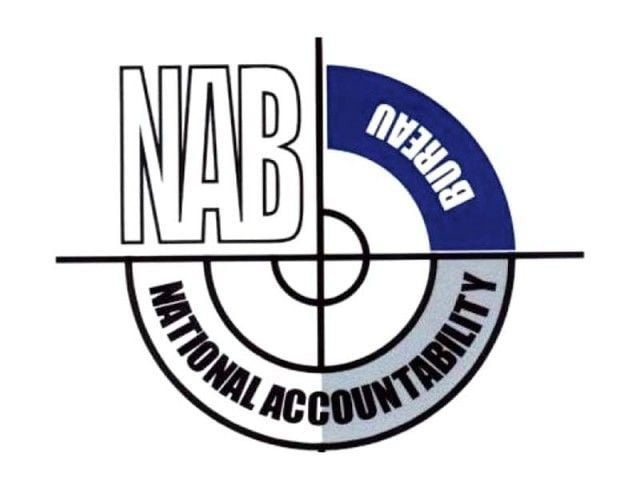Govt to table NAB law amendment bill in NA
Proposed legislation based on 2019 NAB ordinance; passage of bill to be an uphill task

The PTI led government and the opposition are still at odds over proposed amendments in the law governing the country’s prime graft-buster, the National Accountability Bureau (NAB). The government has, however, decided to table its version of the amendments in the National Assembly.
The government on December 29, 2019 made drastic changes in the National Accountability Ordinance (NAO), 1999 – a law introduced by General Musharraf’ military regime – through a presidential ordinance apparently in a bid to protect bureaucrats and the business community from NAB action.
According to some legal experts, the new ordinance — the National Accountability (Amendment) Ordinance, 2019 —made NAB a ‘toothless’ body since as it restricted the accountability body to take up cases involving corruption or corrupt practices exceeding an amount of Rs500 million.
The ordinance, however, expired after a period of 120 days in April. Now the federal government has decided to present the ordinance as a bill in the lower house of the parliament.
As the government and the opposition have not reached a consensus on proposed amendments, it will be an uphill task for the government to sail the legislation through both houses of the parliament.
The NAB bill was a part of the agenda of the National Assembly Standing Committee on Law and Justice on Wednesday but could not be debated due to the absence of Minister for Law Dr Farogh Naseem.
Under the 2019 ordinance, the role of the NAB chairman in the appointment of the prosecutor general was abolished. The anti-graft body was also stopped from making a public statement at the stages of inquiry and investigation.
NAB could no longer get the custody of a suspect for 90 days and the period was curtailed to 14 days; the burden of proof that previously rested on a suspect was also shifted on the prosecution.



















COMMENTS
Comments are moderated and generally will be posted if they are on-topic and not abusive.
For more information, please see our Comments FAQ